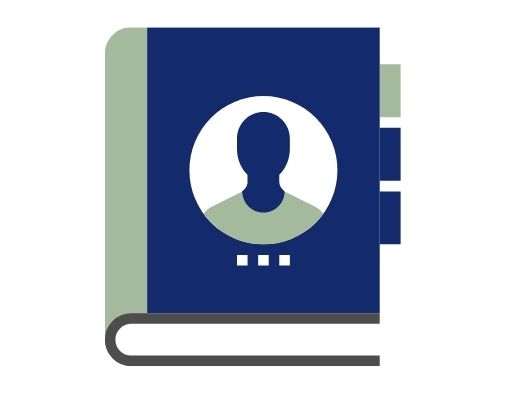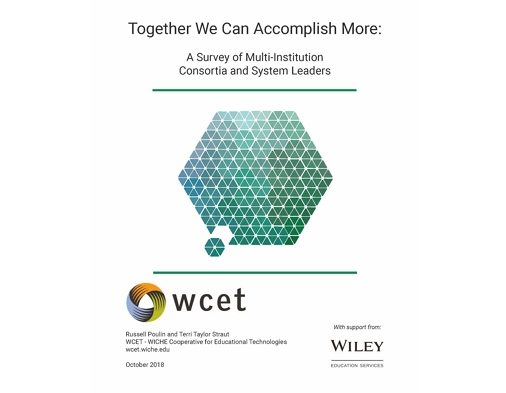WCET hosts a MIX community group and monthly meetings of the leaders of WCET member system or consortia digital learning efforts. Participants find value in learning from others who are facing the unique challenge of collaborating to meet the digital learning needs of their colleges and universities.
Digital Learning System and Consortia Leaders
Systems and consortia composed of multiple institutions often contain a unit or service that promotes the collaborative use of digital learning or sharing of courses across the member campuses. Through collaboration, educators can:
- accomplish more than they could on their own,
- enjoy economies of scale, and,
- provide courses and services to students that would not otherwise be possible.
By participating in the WCET systems and consortia community, leaders of multi-institutional efforts take part in monthly joint discussions to learn from experts and each other and to share successes and challenges. Participants must be members of WCET.
Collaboration benefits students, staff, and systems, and takes on many forms. Specific examples of collaborative services within a system or consortium include:
- sharing enrollment in online courses,
- supporting a single software solution (such as for LMS or web conferencing),
- offering specialized faculty development,
- implementing joint student and technical support systems, and,
- managing exploration of technologies and joint purchasing.


Information about the WCET member systems and consortia that facilitate resource sharing across their member institutions.
Survey reflects the changes in these organizations, services offered, services planned, budgets, staffing, and institutions served.
Previous Work on Systems and Consortia
WCET has long-supported research on institutions working in collaboration:
- The Funding of Academic Collaborations – a survey conducted in 2008.
- Support of the 2003 publication by Rhonda Epper and Myk Garn: Virtual College & University Consortia A National Study.
